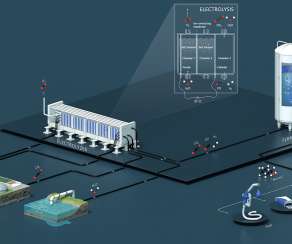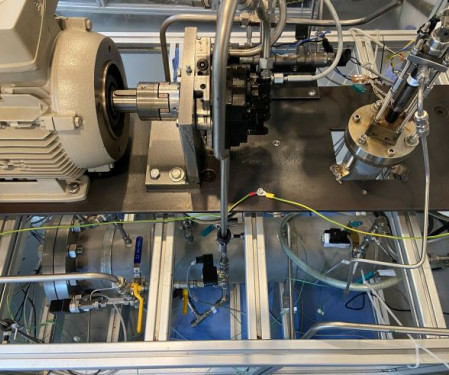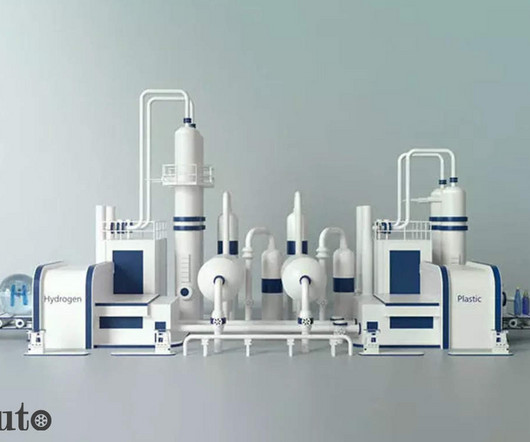Evonik and Siemens Energy commission pilot plant for conversion of CO2 to chemicals
Green Car Congress
SEPTEMBER 27, 2020
Evonik and Siemens Energy commissioned a pilot plant—sponsored by the German Federal Ministry of Education and Research (BMBF)—that uses carbon dioxide and water to produce chemicals. The necessary energy is supplied by electricity from renewable sources. The pilot plant is located in Marl, in the northern Ruhr area.










































Let's personalize your content